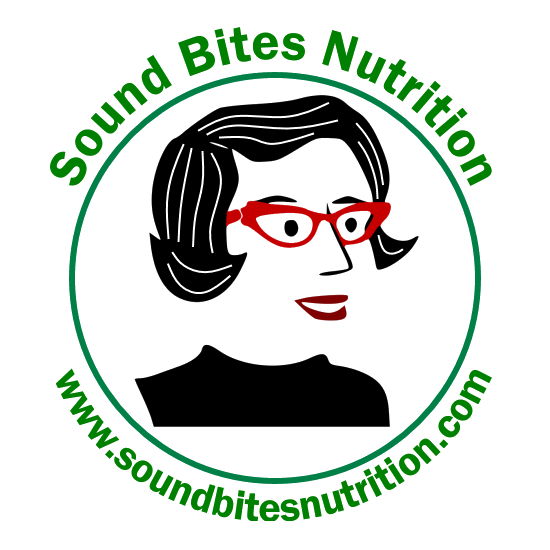Foods that boost metabolism
So this is the new year and many people are on a quest to lose weight. To do this appropriately, you have to support your body's ability to burn calories (AKA metabolism). In addition to regular, aerobic and strength training exercise, there are a few foods that may give your metabolism a little kick. Preventing weight gain is especially important as we age since so many chronic diseases are linked with obesity. If you want to prevent diabetes, heart disease, cancer and other problems, why not try a few of the tips below? Below are some of the more popular foods (and beverages) under investigation.1. Eat breakfast – yeah, yeah- you’ve heard it before. But, it’s true. Fueling your body within an hour of waking will give your body calories to burn up, so it is important to eat breakfast. Make it fast- grab a few light cheese sticks and an apple or a banana and handful of nuts if you don’t have time to cook. Be sure to include protein (eggs, peanut butter, light cheese) and fiber (whole wheat bread, bran cereal or oatmeal). Protein and fiber provide satiety, which means you eat less at your next meal or snack.2. Drink green tea. Scientists believe the catechin ECG (epigallocatechin gallate) may increase fat oxidation, which is why you may see so many over the counter products containing green tea extract. Aim for at least 4 cups of brewed green tea daily, just skip the honey. Recent research also links green tea consumption with lower risks of dementia in older adults. Go green!3. Eat hot food! Cayenne pepper contains capsaisin, a substance found to increase heat production in the body. It may also aid with weight reduction by decreasing calorie absorption in the gut and speeding up fat metabolism. Add crushed red pepper to your soup, sauce or chili or hot sauce to your eggs. Ole!4. Skip the regular mints and gum. These add anywhere from 10-100 calories extra to your daily intake. While you may laugh at 10 calories/day, it adds up to one pound of weight loss/year (better than gaining 1 pound annually)!5. Eat yogurt (with live cultures). Scientists have discovered that bacteria in yogurt alter the bacteria in your gut, which may affect the absorption of bile and other nutrients. Go for low sugar types or low fat, “un-fruited” Greek yogurt, which is higher in protein than traditional yogurt and many varieties and brands are available.

